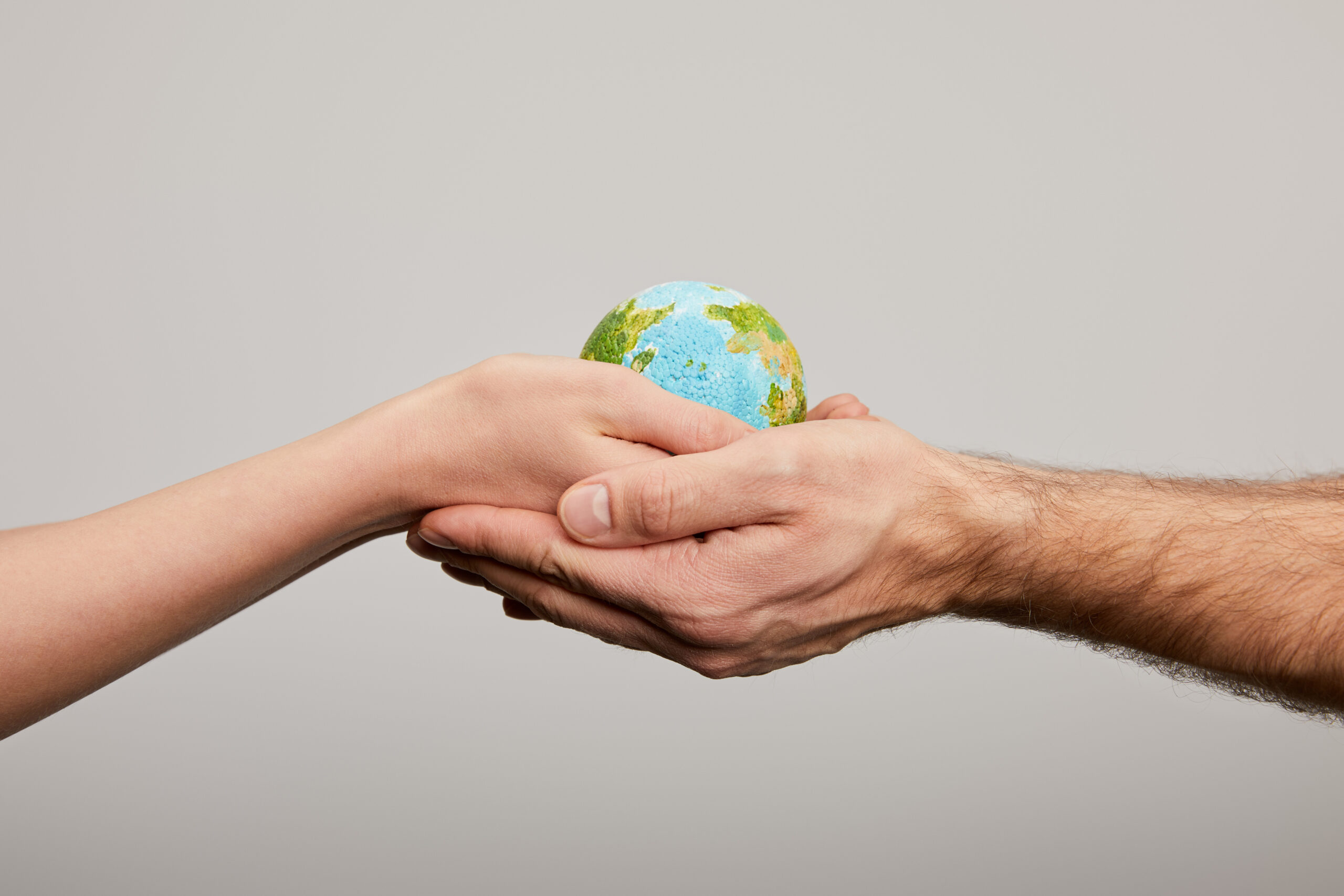
Today, philanthropy is not what it used to be. While giving has always been essential in society, modern philanthropists have redefined the game by pairing compassion with strategy. These givers do more than donate—they invest in ideas, advocate for policy change, and build partnerships that create lasting impact. In this way, modern philanthropy has become a powerful tool for shaping a better future, driven by personal conviction and data-driven decisions.
As society evolves, so do the ways we think about giving. Modern philanthropists often see themselves as catalysts for transformation, willing to tackle challenging problems that demand more than temporary fixes. They understand that their contributions must do more than address immediate needs; they must also create opportunities for lasting progress. This mindset has opened the door to new approaches, fresh ideas, and innovative collaborations that bring real change to communities worldwide.
Supporting Sustainable Solutions
One of the defining features of modern philanthropy is its focus on sustainability. Philanthropists are no longer satisfied with short-term solutions that only provide temporary relief. Instead, they strive to fund programs that create long-lasting change, empowering individuals and communities to thrive well into the future. This often involves supporting initiatives that build local capacity, develop infrastructure, and strengthen the systems that underpin a healthy society.
For instance, investments in renewable energy and environmental conservation reflect the growing understanding that a healthy planet is essential for human well-being. Modern philanthropists recognize that climate change, pollution, and resource depletion threaten not just individual communities but the future of our planet. By funding initiatives addressing these challenges, they lay the groundwork for a more sustainable world, prioritizing balance and long-term growth over short-lived fixes.
Expanding Access to Technology
Technology has revolutionized nearly every aspect of our lives, and modern philanthropists have been quick to harness its potential. They see technology not as an end but as a means to expand opportunity and reduce inequality. From supporting digital literacy programs to funding broadband expansion in rural areas, these donors aim to close the digital divide that limits progress for so many.
By investing in technology access, modern philanthropists create new educational, employment, and innovation pathways. When young people have the tools to learn and develop, they unlock new possibilities for themselves and their communities. This way, philanthropy bridges underserved populations to the resources they need to thrive in an increasingly digital world. The result is a more connected, informed, and empowered generation that can tackle the challenges of tomorrow.
Empowering Community-Led Change
A key shift in modern philanthropy is the emphasis on community-led change. Rather than imposing top-down solutions, today’s donors work to amplify the voices of those most affected by the issues at hand. They understand that lasting change must start with the people who live and breathe the daily challenges. As a result, modern philanthropists prioritize listening, collaboration, and partnership-building over simply writing checks.
This community-focused approach fosters trust and empowers local leaders to develop solutions that work for their neighborhoods. It also encourages innovation as community members bring their experiences to the table. Philanthropy becomes a shared endeavor that respects each individual’s unique perspectives and talents. When communities drive the change themselves, they build resilience and create more sustainable and impactful outcomes over time.
Advancing Health Equity
Health equity has become a primary focus for modern philanthropists, particularly after global crises exposed deep inequalities. Philanthropy in healthcare doesn’t just fund hospitals or clinics—it works to remove the systemic barriers that keep people from receiving the care they need. By targeting the root causes of disparities, philanthropists aim to create a future where everyone has a fair chance at a healthy life regardless of background.
This work often involves supporting research highlighting disparities in health outcomes and funding innovative approaches to care delivery. Modern donors partner with healthcare professionals, community organizations, and public health leaders to design systems that are more inclusive and responsive to diverse needs. In doing so, they demonstrate that health equity is not a luxury—it’s a fundamental part of building a just and thriving society.
Inspiring the Next Generation
The most important legacy of modern philanthropy is its ability to inspire. Today’s givers understand that their actions can light the way for future leaders, encouraging a culture of generosity that transcends generations. By sharing their stories and opening doors for others to give, they create a ripple effect of kindness and courage that shapes the future in ways we can’t always measure.
This inspiration often leads to a new wave of young philanthropists who bring fresh perspectives and renewed energy to the field. They see that giving is not just about wealth—it’s about using whatever resources you have to make a difference. As these young leaders step up, they build on the foundations laid by those who came before them, pushing the boundaries of what’s possible and expanding the definition of what it means to create lasting change.
Modern philanthropy is about more than money—vision, courage, and collaboration. By embracing innovation and centering communities, today’s philanthropists show us that giving is an act of kindness and a path to building a more equitable and hopeful future. Their efforts remind us that while the challenges we face may be significant, the power of generosity to transform lives and reshape the world is even greater.